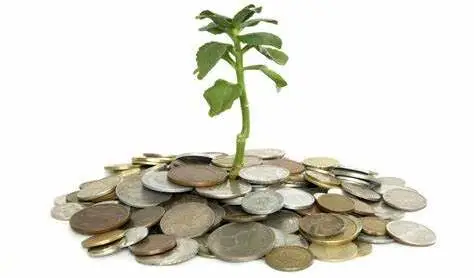Seed money, also known as seed capital or seed investment, is the initial funds used to launch a new business or project. It is a type of securities offering in which an investor invests funds in a new firm in exchange for an equity or convertible note ownership in the company. This investment is often granted in the early stages of a company’s development, when it is still in the concept or pre-revenue phase.
Seed money is critical for financing early-stage costs such as market research, product development, prototype creation, and other startup expenses. The term “seed” implies that this is a very early investment intended to support the business until it can earn its own cash (see cash flow) or until it is ready for more investment. Friends and family fundraising, seed venture capital funds, angel investing, and crowdfunding are all choices for seed money.
Friends and relatives, angel investors, venture capitalists, and even the entrepreneurs themselves can provide early funding. The purpose of seed money is to assist a firm or initiative in getting off the ground, validating its concept, and eventually reaching a position where it can attract additional capital or produce revenue on its own.
In return for their investment, seed investors may receive equity in the company, convertible notes, or other financial instruments that provide them with a stake in the business’s success. As the company progresses and achieves milestones, it becomes more attractive to larger investors, such as venture capitalists, who may provide additional funding in later stages of development.
Usage
This funding is typically used for activities such as product development, market research, and initial business operations. Seed money is crucial for entrepreneurs and startups to turn their ideas into viable businesses.
Companies that have yet to achieve listing requirements or qualify for bank financing have traditionally looked to venture capital as a source of financial assistance and value-added services. Seed capital can be used to fund initial operations such as market research and product development. Using savings and loans, investors can be the founders themselves. They could be the founders’ family or friends. Outside angel investors, venture capitalists, accredited investors, equity crowdfunding investors, revenue-based finance lenders, or government programs are all examples of investors.
The quantity of seed money can vary greatly depending on factors such as the sector, business model, and the startup’s specific needs. It is intended to guide the company through its early phases, assisting it in meeting critical milestones and attracting additional investment in later funding rounds.
















